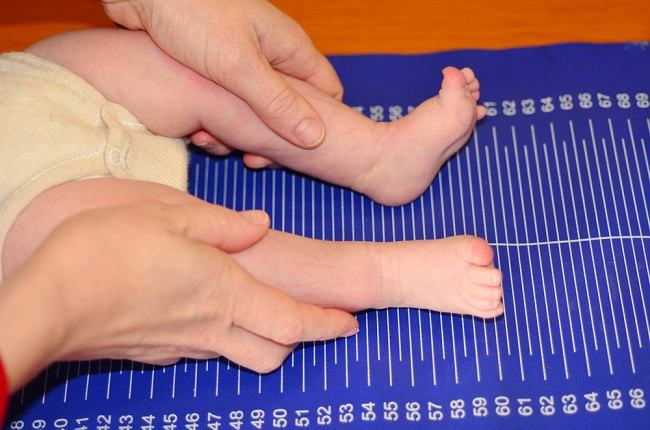Enzymes are one type of protein in cells that have an important role for the body. There are different types of enzymes for different functions. Lack of production of an enzyme can cause metabolic disorders that lead to serious diseases.
Enzymes play an important role in metabolic processes. Metabolism includes the chemical reactions that occur in the body to produce energy, including the breakdown of fats, carbohydrates, and proteins. When the production or function of enzymes is disturbed, the metabolic processes in the body are disrupted.

Various Diseases Due to Enzyme Deficiency
Metabolic disorders due to enzyme deficiency are of various types, one of which is hereditary metabolic disorders. Patients with this disorder generally experience symptoms in the form of decreased appetite, vomiting, jaundice (jaundice), weight loss, abdominal pain, fatigue, growth retardation, seizures, and coma.
Symptoms of metabolic disorders due to enzyme deficiency, can appear gradually or suddenly, which is triggered by various factors. For example, because of the influence of drugs and food. Here are some types of metabolic diseases due to enzyme deficiency that are hereditary (genetic), along with disorders and diseases that may occur:
- Fabry Penyakit diseaseThis condition is caused by a lack of enzymes ceramide trihexosidase or alpha-galactosidase-A. The effect can cause heart and kidney disorders.
- Maple syrup urine diseaseLack of this type of enzyme triggers the buildup of amino acids and causes nerve damage and urine that resembles the smell of syrup.
- PhenylketonuriaThis condition occurs due to a deficiency of the PAH enzyme, which causes high levels of phenylalanine in the blood. Phenylketonuria can cause sufferers to experience mental retardation.
- Disease Nimann-PickThis disease is caused by impaired storage of lysosomes (a chamber in the cell that functions to remove metabolic waste). The effects are nerve damage, difficulty eating and enlargement of the liver in infants.
- Hurler syndromeJust like Nimann-Pick disease, Hurler syndrome is also caused by a deficiency of enzymes in lysosomes. This condition can cause growth retardation and abnormal bone structure.
- Tay-Sachs diseaseSimilar to the previous two diseases, this condition is triggered by a deficiency of enzymes in lysosomes. Tay-Sachs disease causes nerve damage in infants, and usually only survives 4-5 years of age.
Overcoming Diseases Due to Enzyme Deficiency
Basically the disease due to enzyme deficiency that is hereditary cannot be cured. Treatment efforts are aimed at overcoming metabolic disorders that occur, namely by:
- Replaces inactive or missing enzymes to help normalize metabolism.
- Reduce consumption of foods and drugs that cannot be digested properly.
- Blood detoxification to eliminate the buildup of toxic materials due to metabolic disorders.
Although rare, metabolic disorders due to hereditary diseases can limit sufferers from carrying out daily activities. If the condition experienced is serious enough, the patient may require hospital treatment due to certain emergency conditions. Consult a doctor if you find any symptoms of enzyme deficiency as mentioned above, so that they can be examined and treated before the condition worsens.









